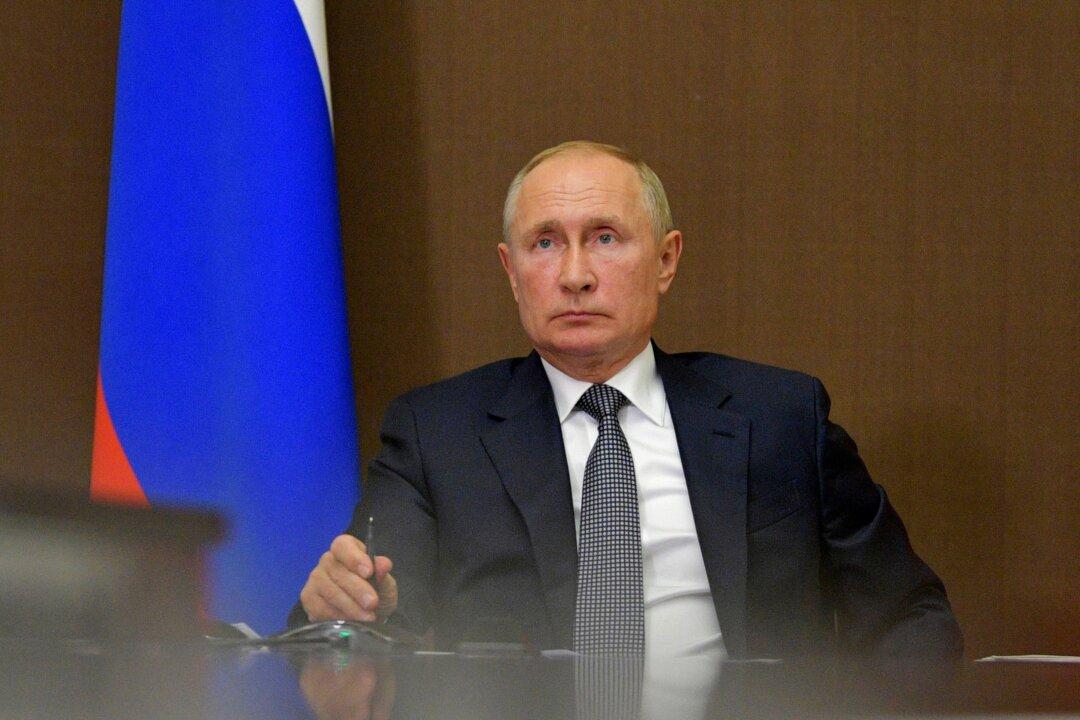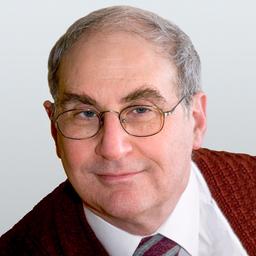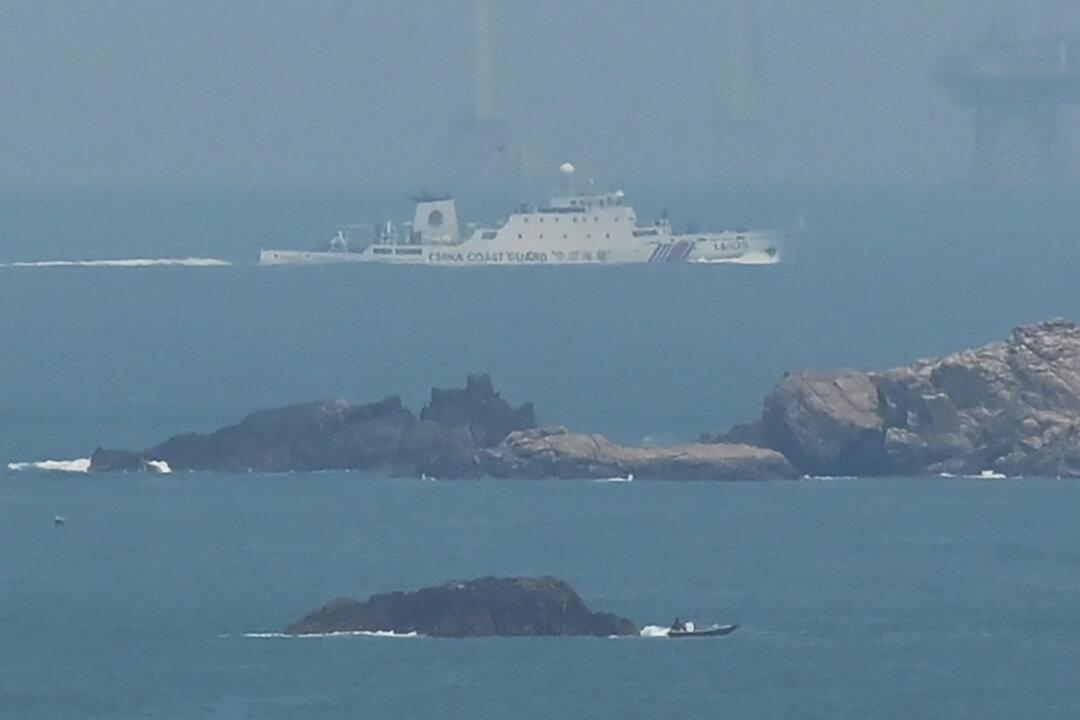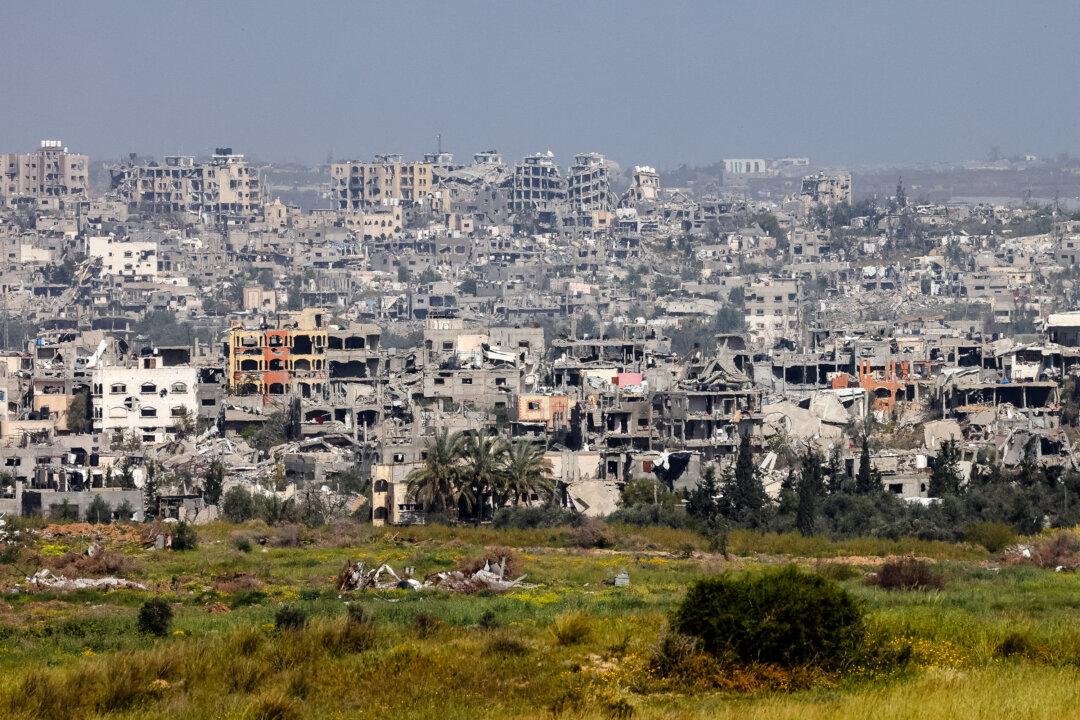Commentary
Russia gets bad press, deservedly so. Corruption is rampant, journalists and other critics of President Vladimir Putin have met untimely ends, mass political protests are met with batons, the LGBTQ community suffers restrictions of a kind that ended decades ago in most Western countries, and religions seen as disloyal to the nation—a radical Muslim offshoot and Jehovah’s Witnesses are examples—aren’t tolerated.





